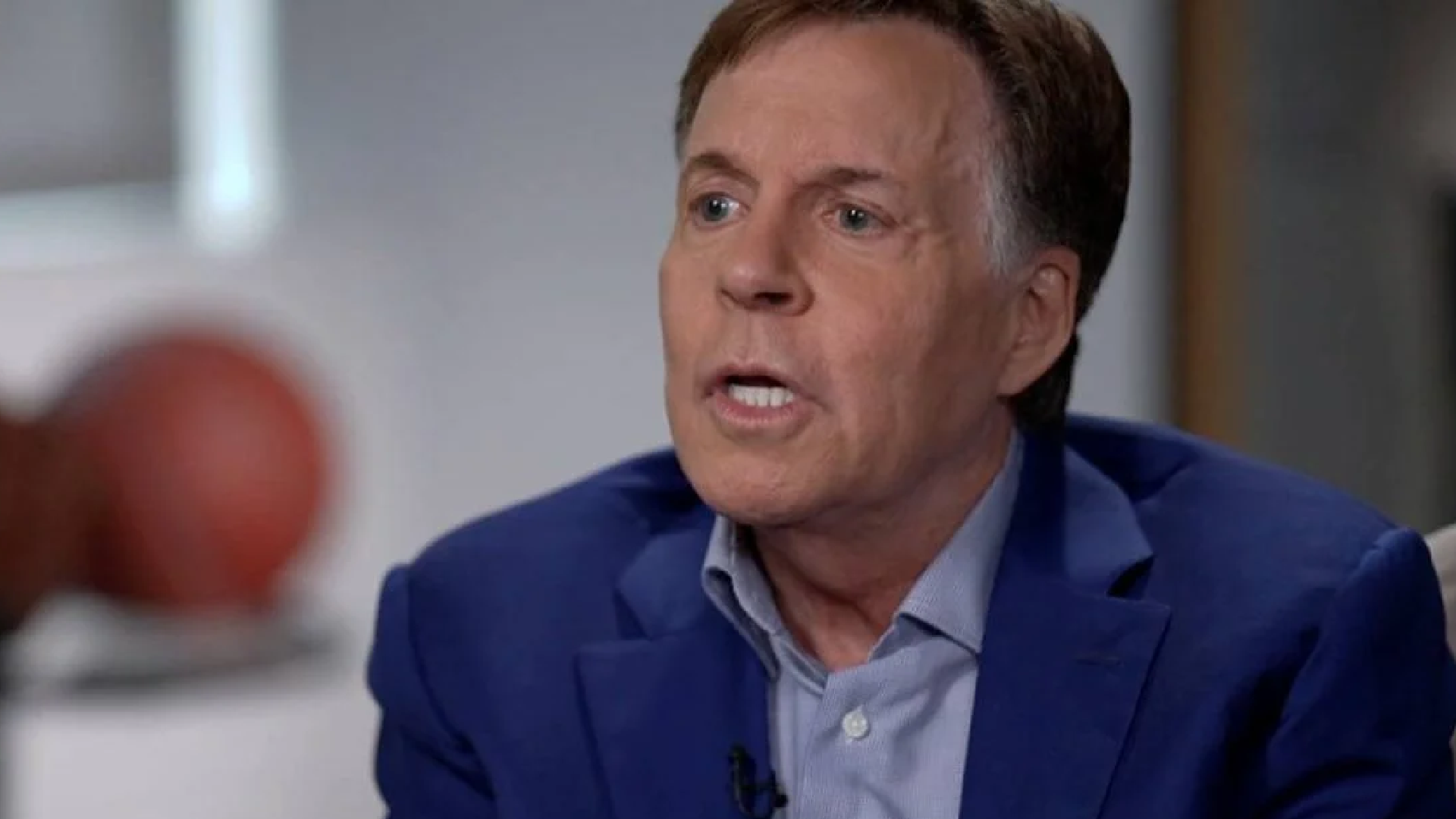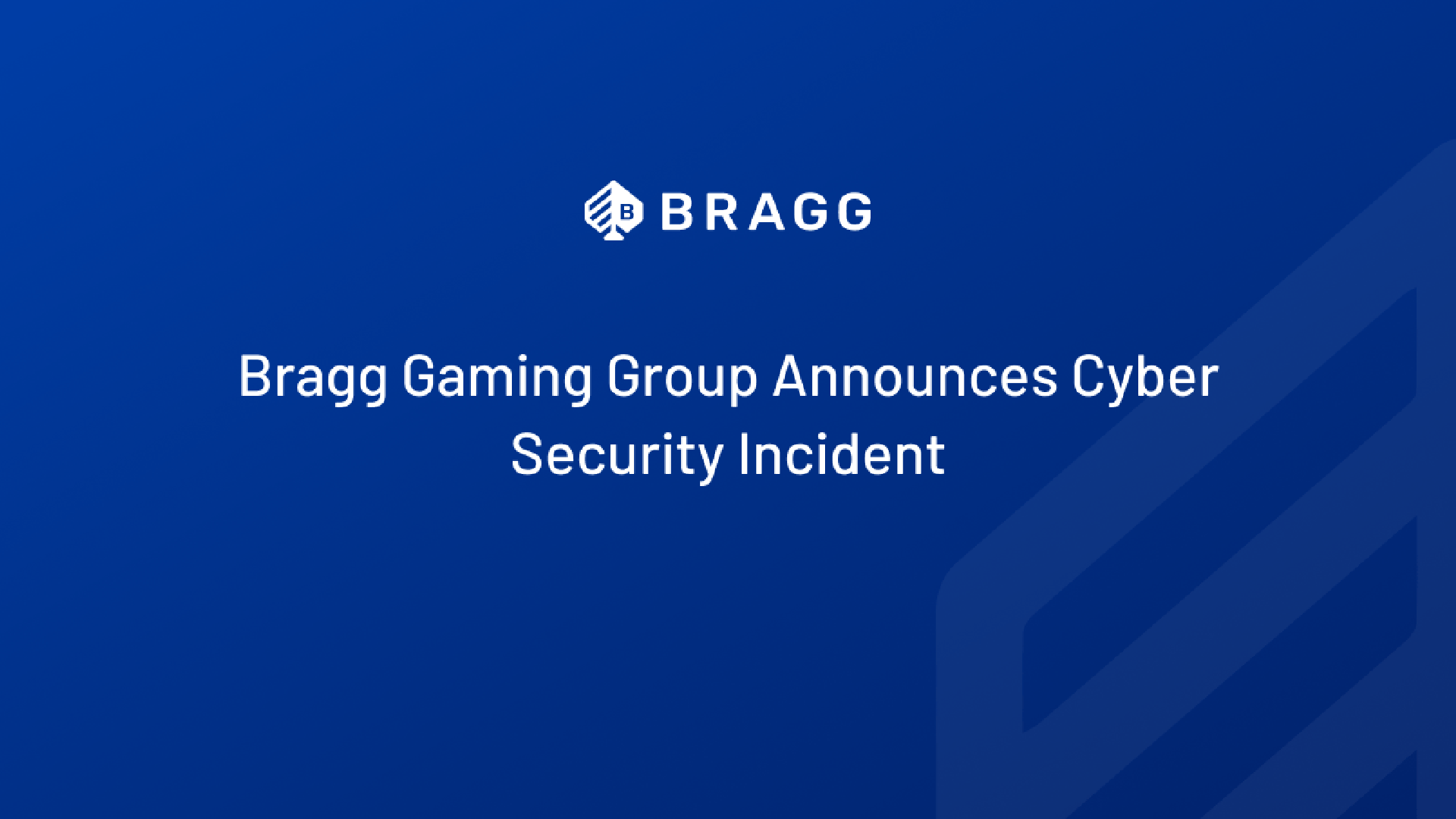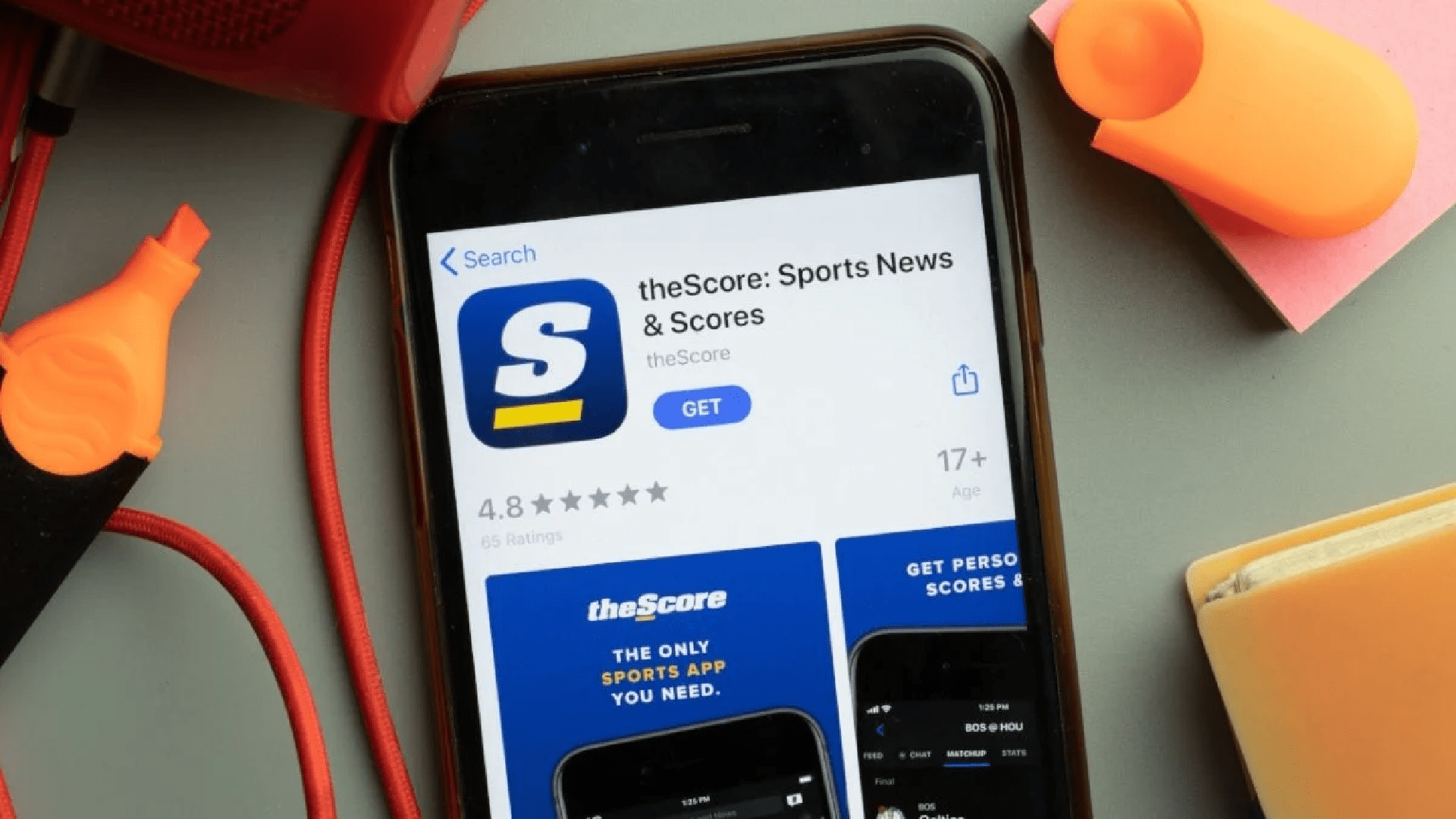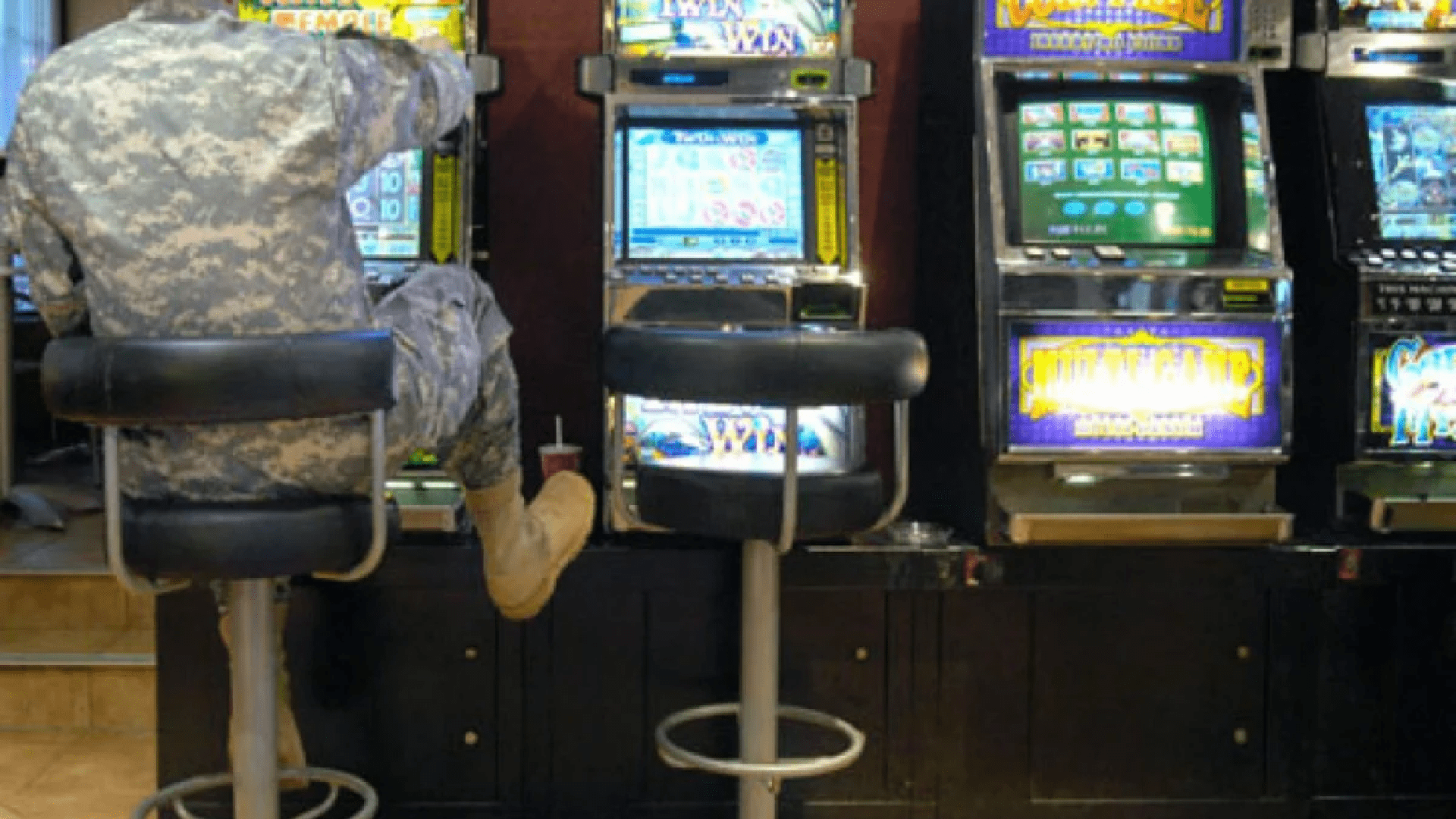Bob Costas Refused to Promote Sports Betting While Calling Baseball
Legendary broadcaster Bob Costas, who spent almost 40 years with NBC Sports before retiring from play-by-play coverage last year, has no interest in gambling or sports betting. In a recent interview with Kristen Welker for "Meet the Press," he reaffirmed that stance.
Due in large part to his father, John Costas, who had a serious gambling addiction, Costas opposes sports betting. Costas has previously stated that his father was betting $500 on baseball games as early as the 1960s, when the future broadcaster was just a young adolescent.
Costas believed that sports might not benefit from the legalization of sports betting, which was brought about by a historic Supreme Court decision in 2018.
"So much of [sport] is, for at least some portion of the audience, transactional now. If you have a bet on the game, you have a different relationship to how that game plays out than if you’re just rooting for your team,” Costas said.
Costas started out as a sports reporter for a Syracuse-based local news organization. Before landing his first big job as a play-by-play commentator for the Chicago Bulls during the 1979–1980 NBA season, he covered basketball in St. Louis for a local radio station.
After Costas joined NBC in 1980, the rest is history. He would later become the primary play-by-play commentator for several NBA Finals, World Series, Olympics, and Super Bowls.
Costas: It's Not Good That Sports Betting Is Getting Mainstream
Costas informed Welker that as sports betting gains popularity—it is already legal and regulated in 39 states as well as Washington, DC—it will destroy some people's life, just as it destroyed his father's.
Bob was just eighteen when John Costas passed away at the age of forty-two from a huge heart attack. Costas claimed that he was given a large envelope containing over $6,000 in cash at the wake for his father's winnings from the previous evening.
“In the big picture, the house always wins. And some people, especially now because it’s so easy — my dad had to find a bookie, who was in most cases probably connected to the mob — now, you’ve got young guys with a phone in their hand. It’s right there. And some of those people are going to become addicted. It’s going to ruin some lives,” Costas said.
“That’s inevitable,” Costas concluded.
Costas Did Not Read the Promotions
The numerous commercials and promotions promoting the game's current odds and sports betting alternatives are visible to any sports fan watching a television broadcast. According to Costas, he would not read such a copy.
"On both the Major League Baseball Network and when I did a handful of games on Turner, I refused to read the gambling promos. They had to have someone else read them or use a voice of god. I just couldn’t in good conscious encourage people to do something which I know — for some of them it’s obviously just a little recreation and it’s fine — there is an insidious aspect to it that I didn’t want to be part of.”
Supporters of legal sports betting, including the American Gaming Association (AGA), contend that legal sports betting protects consumers with responsible play safeguards that offshore and underground bookies do not.
“[The liberalization of sports betting is] a win for millions of Americans who seek to participate in sports wagering in a safe, legal, and regulated manner. States and tribal nations can now set their own policies to legalize and regulate sports betting in an effective manner that protects consumers and creates tax benefits for local communities,” the AGA says.













